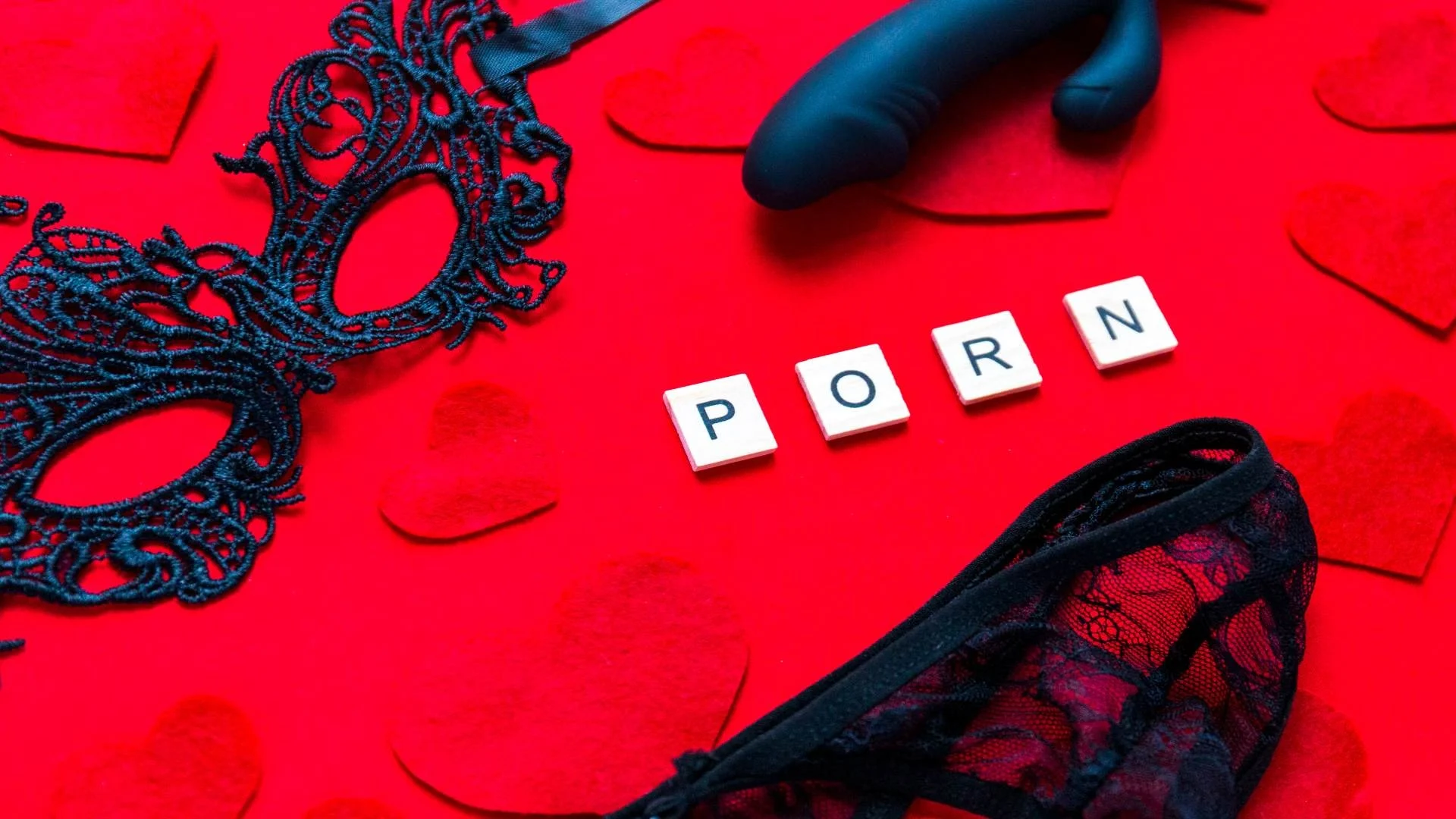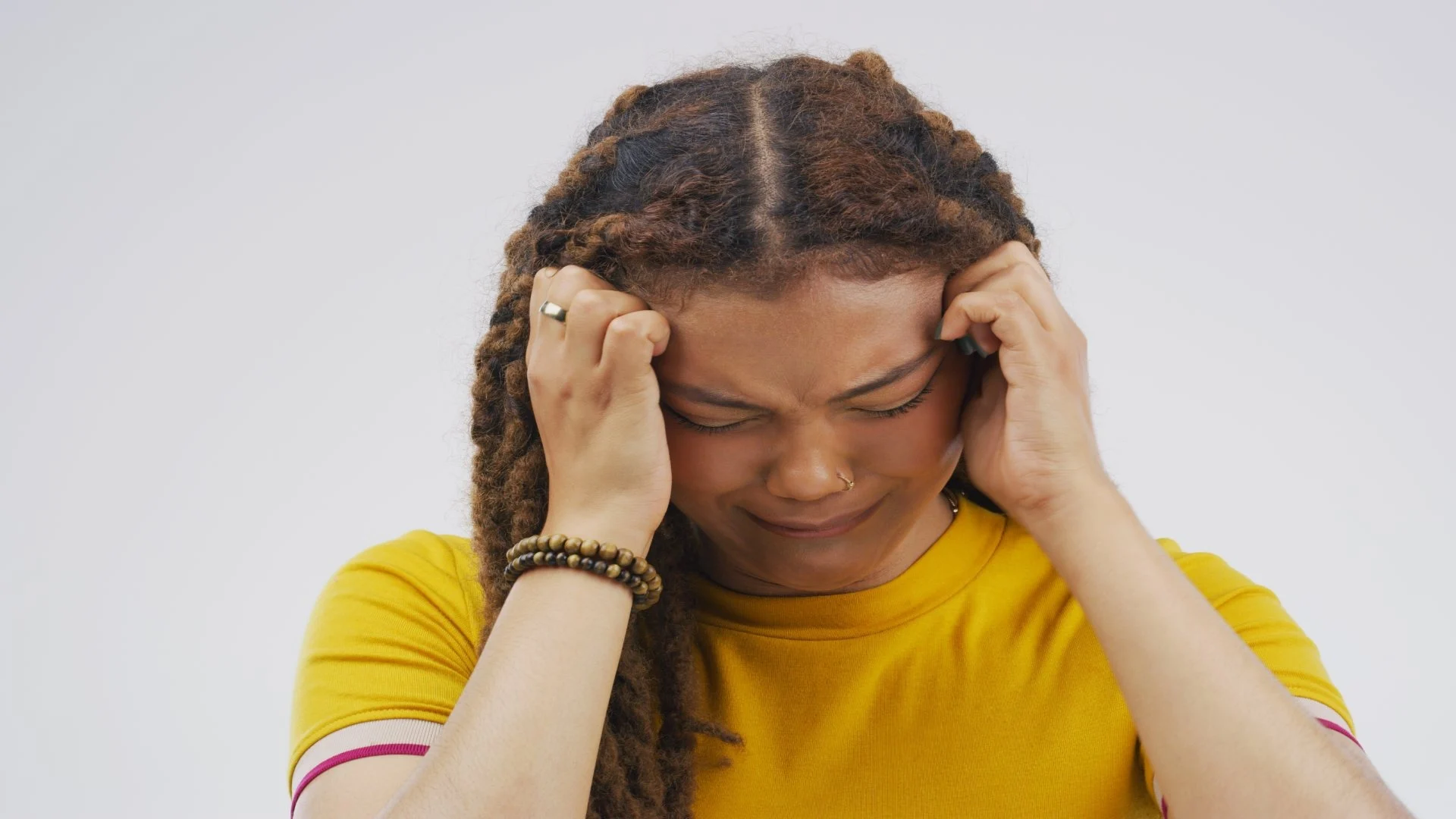Mental Health
Am I Addicted to Porn? Recognizing the Signs and Finding Help

Am I Addicted to Porn?" Discover the key signs, effects on daily life, and steps to seek professional help for a path toward recovery and well-being.
What are the common signs of porn addiction?
Common signs include spending excessive time viewing pornography, failed attempts to cut back, neglecting personal or professional responsibilities, and experiencing guilt or shame. Recognizing these behaviors is the first step toward recovery.
How can pornography addiction affect relationships?
Pornography addiction can lead to emotional distance, decreased intimacy, trust issues, and frequent conflicts between partners. It may cause secrecy, unrealistic expectations, or a loss of interest in real-life intimacy, straining relationships and making it difficult to maintain healthy emotional connections.
Is pornography addiction recognized as a medical condition?
While pornography addiction itself is not universally classified as a medical condition, compulsive sexual behavior disorder—often including problematic porn use—is recognized in the ICD-11. This condition involves a loss of control over sexual behaviors, leading to distress or impairment in daily life.
What treatment options are available for pornography addiction?
Effective treatment options include cognitive-behavioral therapy (CBT) to address thought patterns, support groups for accountability, medical interventions for co-occurring disorders, and holistic approaches such as mindfulness and lifestyle changes. Professional guidance is often essential for lasting recovery.
How can The Edge Treatment Center assist in recovery from pornography addiction?
At The Edge Treatment Center, we provide personalized treatment plans tailored to each individual’s needs. Our approach integrates mental health support, therapy, and addiction recovery strategies, ensuring comprehensive care to help individuals regain control and build a healthier, addiction-free life.
You’ve been here before. Closed the tab, made the promise, drawn the line. And yet, here it is again. It’s not just time that slips away — it’s energy, peace, sometimes even the sense that you’re in control. The realization you might have a problem with pornography is not failure — it’s the first step towards freedom.
When porn stops being a choice and starts feeling like a compulsion, it can affect more than just your screen time. It can shape your mood, your relationships, and how you feel about yourself. At The Edge Treatment Center, we help people face that truth, without shame, and take the steps toward healing.
Causes and Risk Factors
Pornography addiction doesn’t happen overnight. Several underlying factors contribute to the development of compulsive porn use.
Mental Health Conditions
Anxiety, depression, and low self-esteem can increase reliance on pornography as a form of escape.
Individuals struggling with stress or past trauma may turn to pornography as a coping mechanism. Relying on it to manage negative emotions rather than address underlying issues.
Dopamine and the Brain’s Reward System
Pornography triggers the release of dopamine, a neurotransmitter linked to pleasure and reward.
The brain begins to crave more intense or frequent stimulation, reinforcing compulsive behaviors.
Similar to substance addiction, repeated exposure can create dependency, making it harder to stop.
Easy Access to Explicit Content
The internet has made pornography more accessible than ever, with nearly unlimited content available at any time.
The anonymity of online viewing encourages prolonged usage.
Taboos Related to Sexual Health
Many people grow up without healthy conversations about sexuality, leading to misinformation or unrealistic expectations.
Cultural or societal taboos can contribute to secrecy and shame around sexual behaviors.
Recognizing the Signs of Pornography Addiction

Pornography addiction is a compulsive behavior that begins to interfere with daily life, mental health, and relationships. Recognizing the signs is the first step toward addressing the issue and seeking help.
Behavioral Indicators
Increased Time Spent Viewing Pornography: Watching pornography for more extended periods than intended.
Inability to Reduce or Stop Usage Despite Attempts: Are you repeatedly trying to cut back but feeling unable to control urges? Are you experiencing withdrawal-like symptoms such as irritability, frustration, or restlessness when attempting to stop?
Seeking Novel Content: Are you constantly searching for new material to achieve the same level of satisfaction? This may suggest desensitization, leading to escalating consumption patterns.
Feelings of Guilt, Shame, or Anxiety: Do you feel intense regret or shame after watching pornography?
Impact on Daily Life
Neglect of Responsibilities: Is your productivity at work or school affected due to excessive pornography use? Are you also struggling to meet deadlines or fulfill obligations?
Strained Relationships: Do you feel emotional distance or lack of intimacy with a partner? Are there conflicts due to secrecy or dishonesty about pornography habits?
Loss of Interest in Real-Life Sexual Activities: Do you find you have a preference for pornography over physical intimacy?
If you answered "yes" to one or more of these questions, you may want to seek help.

We’re Here To Help You Find Your Way
Would you like more information about mental health or drug addiction? Reach out today.
Treatment Options and Support
Overcoming pornography addiction requires a comprehensive approach that addresses both behavioral patterns and underlying emotional triggers. Several effective treatment options are available to help individuals regain control and rebuild a healthier relationship with themselves and others.
Therapeutic Approaches
Cognitive-behavioral therapy (CBT)
CBT helps individuals identify and change negative thought patterns that contribute to compulsive porn use.
It teaches healthier coping mechanisms to manage triggers and stress.
Group Therapy and Support Groups
Sharing experiences with others facing similar struggles can provide a sense of community and accountability.
Programs like 12-step recovery groups and online support forums offer encouragement and structured guidance.
Medical Interventions
Medications to Manage Urges
In some cases, medications that target impulse control or co-occurring mental health disorders, such as depression or anxiety, may be prescribed.
Consulting with a healthcare professional can help determine if medical intervention is necessary.
Holistic and Lifestyle Changes
Mindfulness Practices and Stress Reduction Techniques
Meditation, breathing exercises, and yoga can help individuals develop awareness and control over impulsive behaviors.
Building Healthy Routines and Hobbies
Engaging in new activities, such as exercise, creative hobbies, or social events, can replace the time spent on pornography and create a more fulfilling lifestyle.
The Edge Treatment Center’s Approach
At The Edge Treatment Center, we provide:
Personalized Treatment Plans tailored to each individual's needs.
Integrated Mental Health Support, addressing both addiction and any underlying emotional struggles.
Holistic Approaches to recovery, emphasizing lifestyle changes, therapy, and long-term success.
Potential Consequences of Unaddressed Pornography Addiction

Ignoring the signs of compulsive pornography use can lead to serious consequences that impact mental health, relationships, and overall quality of life. While occasional viewing may not be harmful, compulsive use can disrupt daily functioning and create long-term problems.
Mental & Emotional Health
Increased anxiety, depression, and emotional distress.
Growing dependence on pornography as an emotional escape.
Heightened guilt, shame, and low self-esteem & avoidance of deeper emotional work or unresolved trauma.
Sexual Health
Sexual dysfunction, including erectile issues and lowered libido.
Desensitization to real-life intimacy and physical connection.
Development of unrealistic sexual expectations.
Risk of escalating into compulsive sexual behaviors.
Relationships & Social Life
Emotional withdrawal from friends, family, and partners.
Avoidance of social situations due to shame or secrecy.
Breakdown of trust and intimacy in romantic relationships.
Academic & Professional Impact

Decreased focus, motivation, and productivity.
Time spent on pornography interfering with responsibilities.
Missed deadlines, academic underperformance, or poor work reviews.

We’ll Lead You to New Heights
Do you have more questions about mental health or drug addiction? Reach out.
Supporting a Loved One Struggling with Pornography Use
It’s hard to watch someone you care about wrestle with compulsive porn use — especially when you feel helpless. But how you show up in those conversations can shape their path forward.
How to Talk About It — Without Pushing Them Away
Lead with empathy, not judgment. Your role isn't to diagnose or lecture — it’s to connect. Speak with the intent to understand.
Express concern for them, not just their behavior. Try saying, “I’ve noticed you seem more withdrawn lately,” instead of accusations like, “You’re always on your phone.”
Be Supportive Without Enabling
Encourage help, but maintain boundaries. You can’t force recovery, but you can set clear expectations for respectful behavior, time management, or household rules.
Don’t cover for them. Avoid justifying or excusing harmful patterns. That may prolong denial or resistance to seeking treatment.
Offer tangible support. Help them find a therapist, treatment center, or support group. Sometimes, the first step is simply knowing they don’t have to face it alone.
Creating an Environment That Supports Change
Set healthy digital boundaries. Implement screen time limits or create device-free zones (e.g., no phones during meals or before bed).
Promote real-world engagement. Invite them to activities that promote connection — whether that’s family time, sports, volunteering, or hobbies that foster purpose.
Build a support network. People are more likely to grow when surrounded by trust, not shame. Encourage friendships, family support, and community involvement that reinforce positive habits and reduce isolation.
Pornography Controlling Your Life? We’ll Help You Take It Back
Am I Addicted To Porn? Pornography addiction can impact mental health, relationships, and daily life, but recovery is possible.
At The Edge Treatment Center, we offer compassionate, personalized treatment plans to help you break free from compulsive behaviors and regain control.
You don’t have to face this struggle alone—our team is here to support you every step of the way. Reach out today and start your journey toward a healthier, addiction-free life.

We’re Here To Help You Find Your Way
If you or a loved one is struggling with addiction, there is hope. Our team can guide you on your journey to recovery. Call us today.
Written by
The Edge Treatment Center
Reviewed by
 Jeremy Arzt
Jeremy ArztChief Clinical Officer
Mental Health
October 2, 2025
